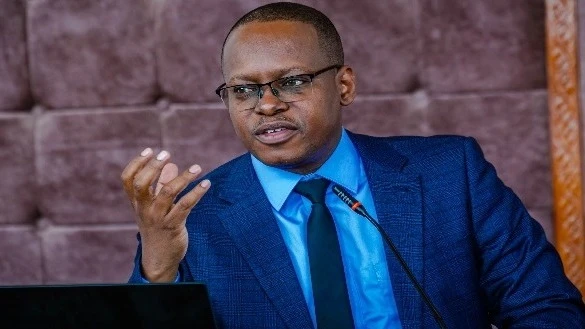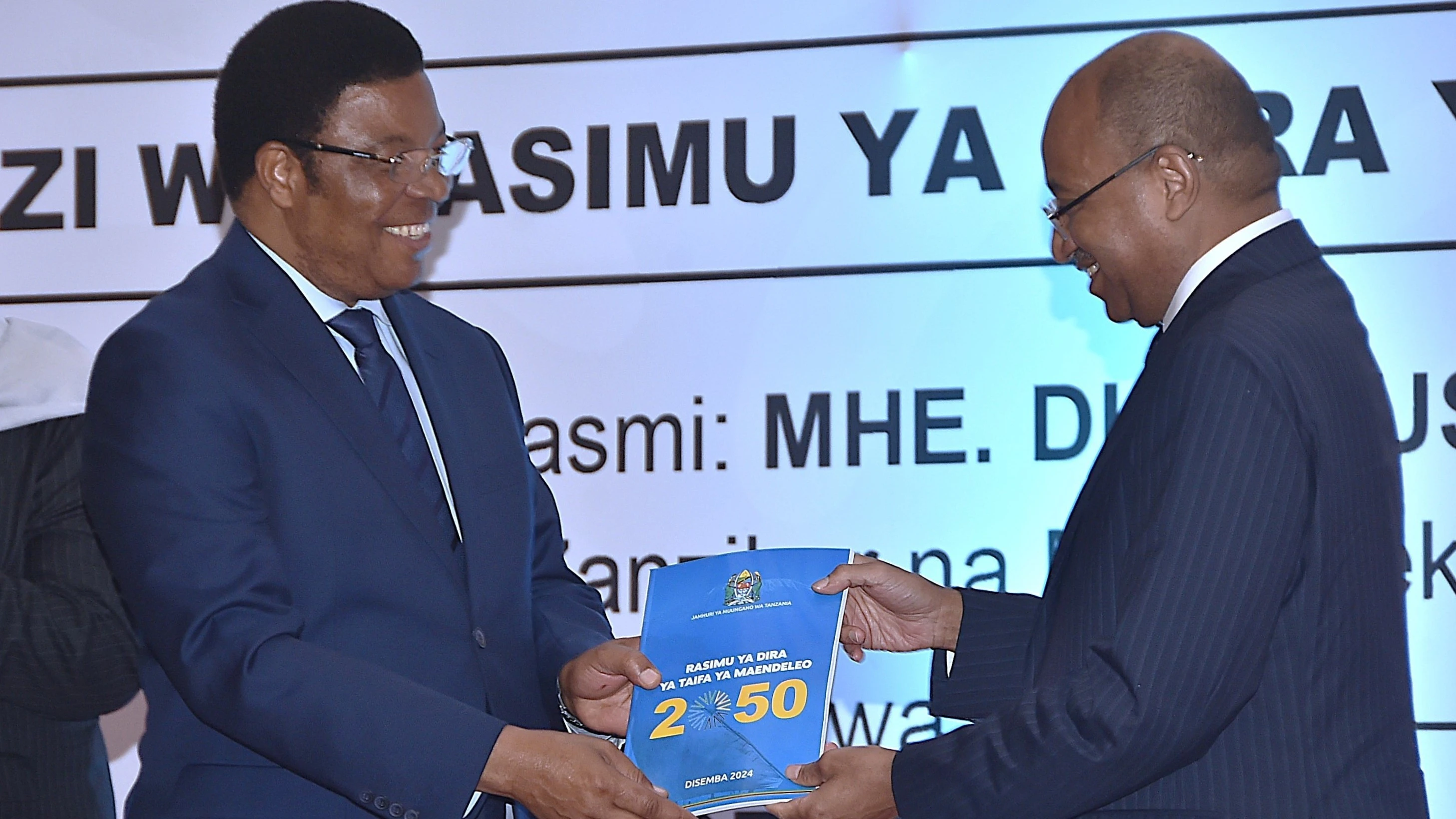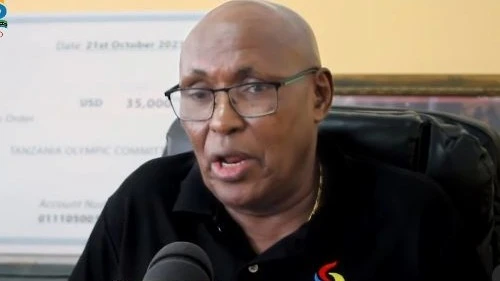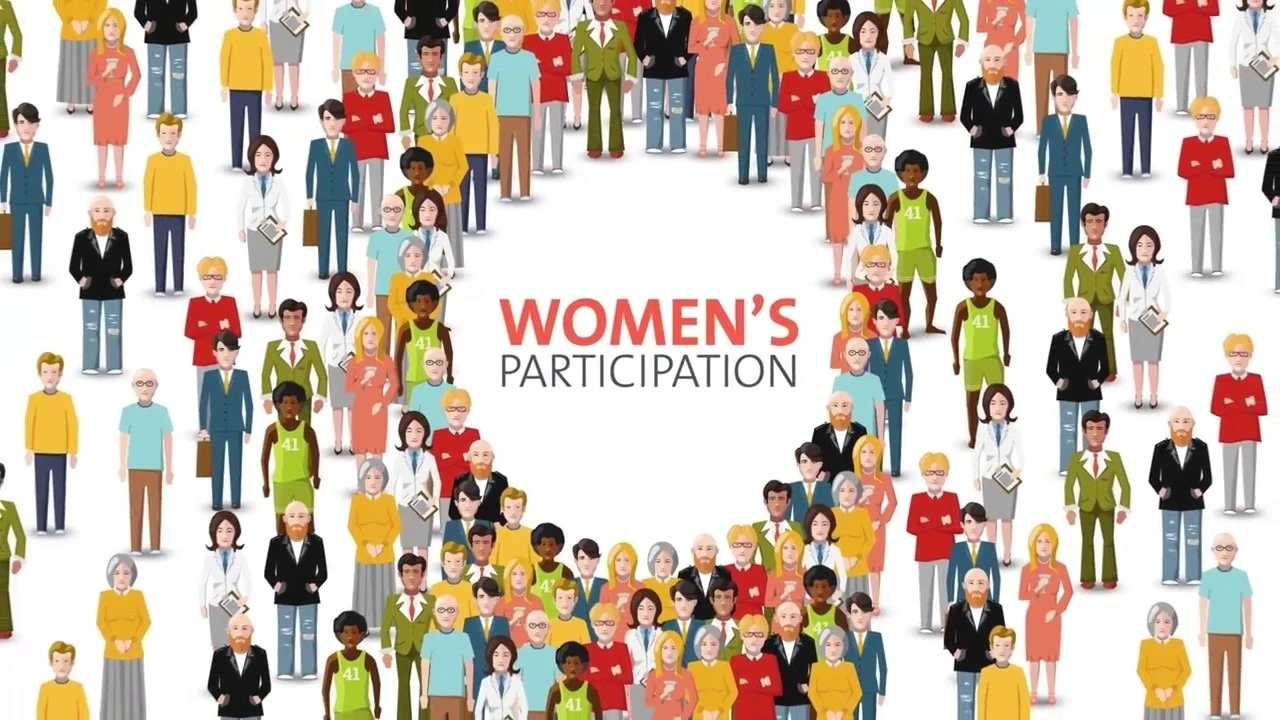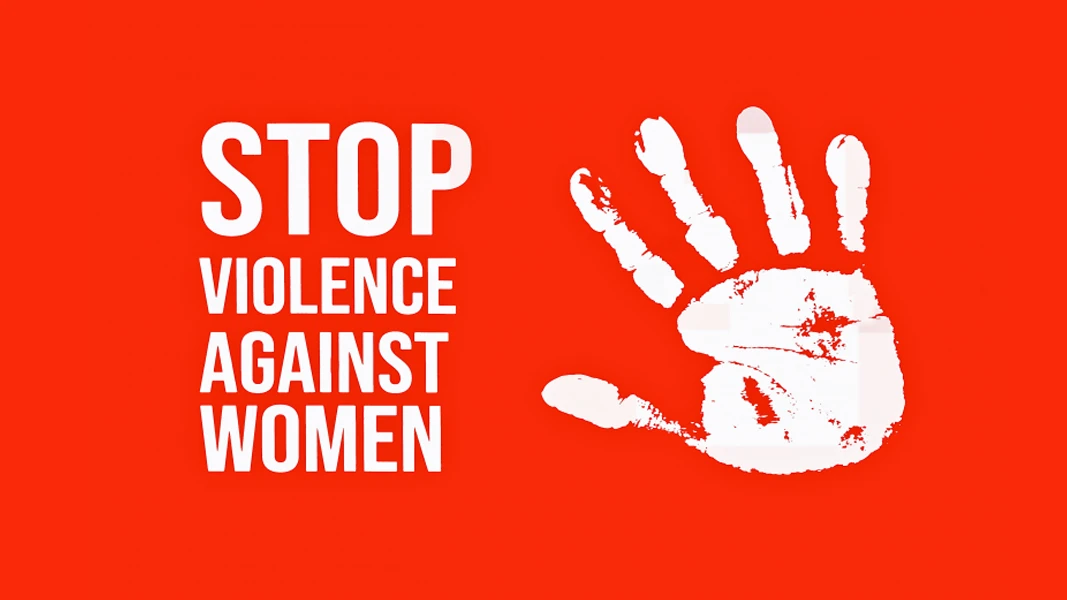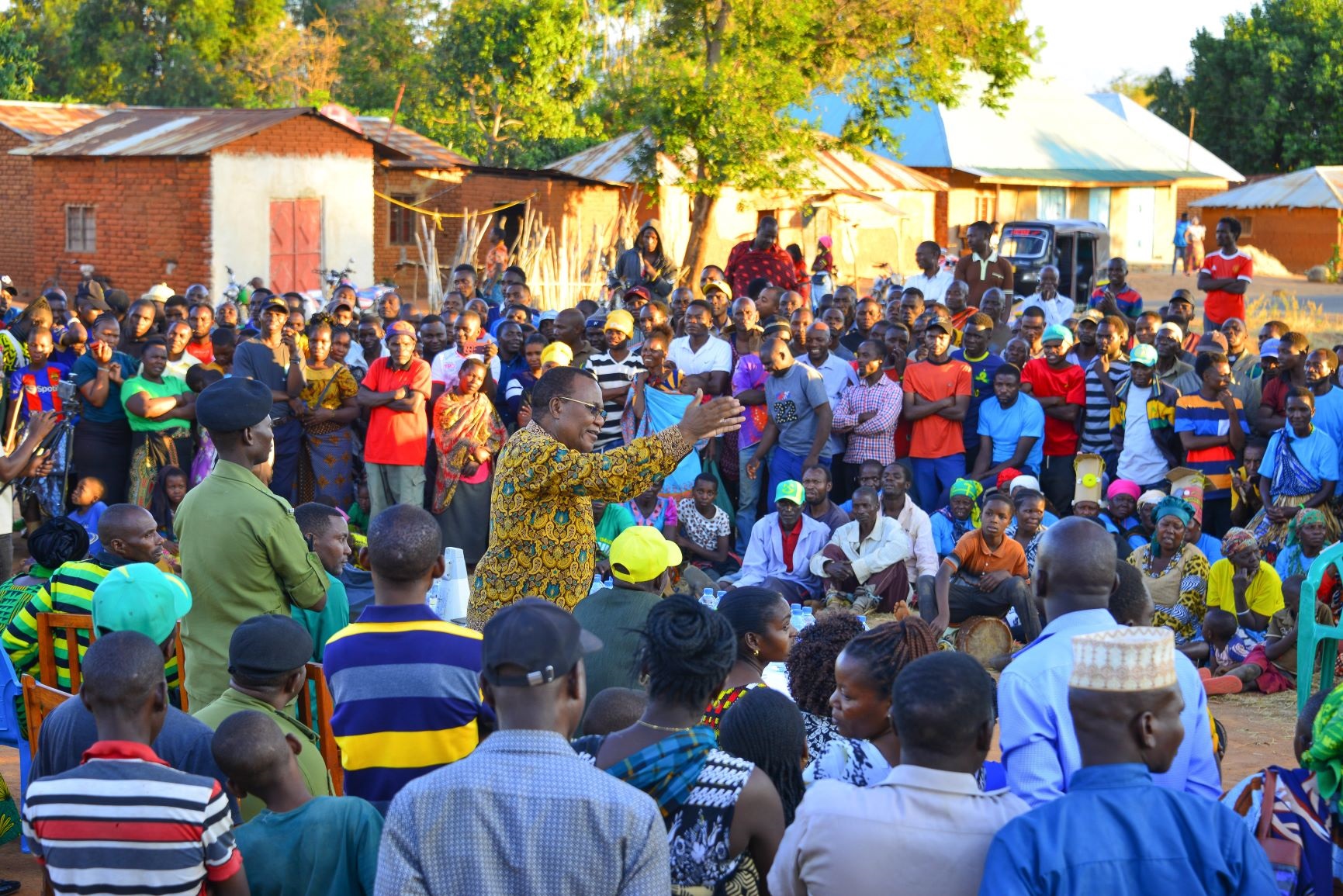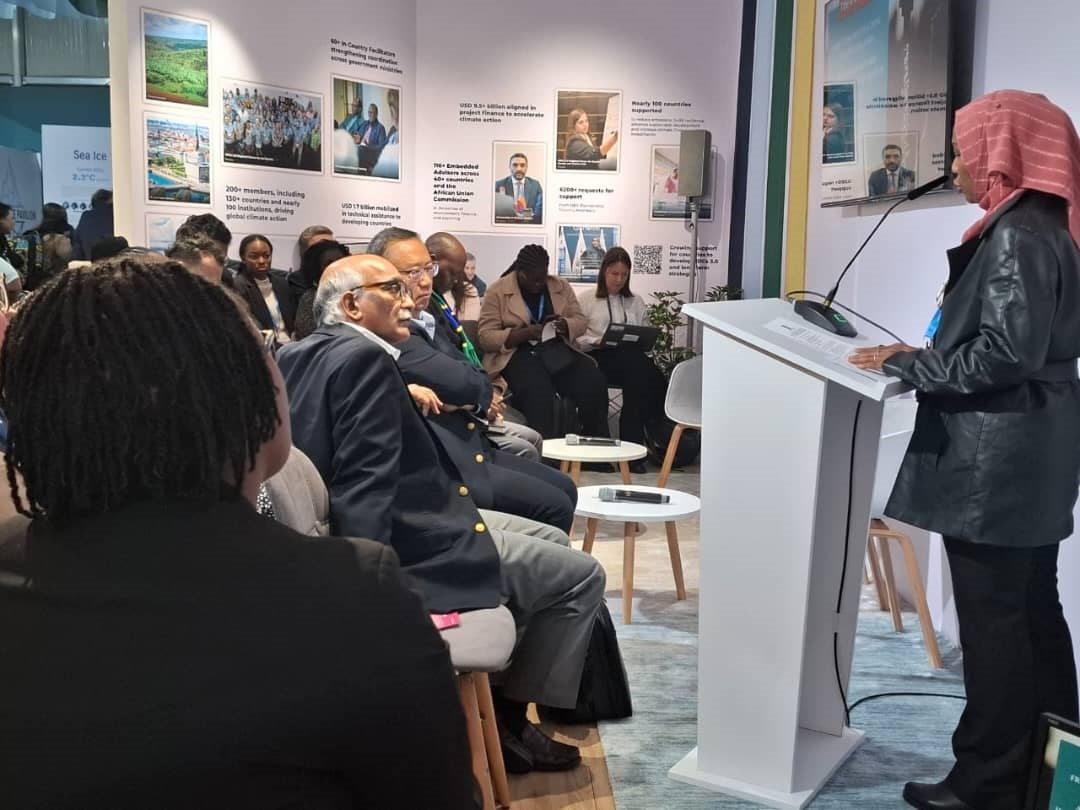Economic empowerment of women: A path to sustainable transformation
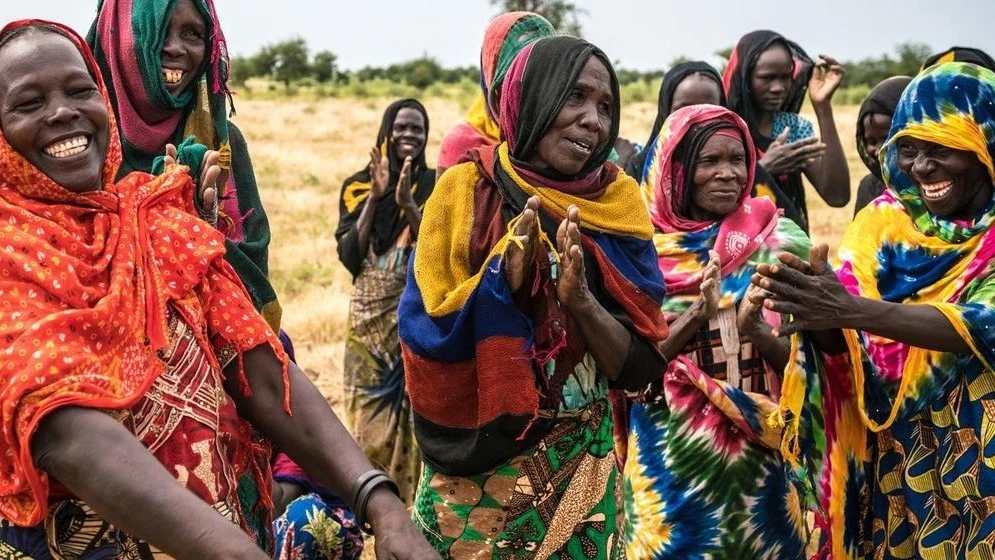
ACROSS the globe, one in three women will face gender-based violence (GBV) at some point in their lives. In Tanzania, the disturbing reality is reflected in statistics from the Tanzania Demographic Health Survey (TDHS), which reveals that 27 per cent of women aged 15-49 have experienced physical violence, while 12 per cent have faced sexual violence. But as alarming as these numbers are, the question remains: what can be done to break the cycle of violence?
Poverty is a primary risk factor that exacerbates GBV, creating an environment where women are particularly vulnerable. Often, poverty intersects with gender inequality, compounding the challenges women face. In this context, economic empowerment becomes a crucial tool to combat GBV, offering women not just financial independence, but also the power to regain control over their lives and decisions.
The Generation Equality Forum (GEF) is a global movement dedicated to advancing gender equality by investing in women’s rights and amplifying their voices. In Tanzania, the forum has become a key advocate for the economic empowerment of women as a strategy to reduce the prevalence of gender-based violence. The initiative brings together organizations from all sectors of society to collectively push for bold actions and transformative change.
The disparities in Tanzania's gendered poverty rates are stark. Female-headed households face significantly higher urban poverty rates (20 per cent) compared to male-headed households (14 per cent). Without the economic power to control vital resources like land ownership or credit, many women are forced to depend on male relatives or partners. This dependency increases their vulnerability to violence and limits their ability to make decisions about their lives. Empowering women economically, therefore, is not just about boosting their financial security—it’s about reducing their risk of GBV.
How economic empowerment combats GBV
Economic empowerment offers women the resources and agency to change their circumstances. By increasing women's bargaining power in the household, economic independence makes it easier for them to leave abusive relationships. With the ability to manage their finances and access capital, women can negotiate more equitable household power dynamics. This shift leads to a reduction in poverty and, over time, creates healthier relationships that are less likely to be rooted in violence and control.
Furthermore, economic empowerment helps change societal attitudes toward GBV. As women gain more control over their finances and livelihoods, communities begin to view women’s economic participation not just as a necessity but as a right. This transformation leads to reduced acceptance of GBV and a greater intolerance of impunity when such violence occurs.
Women’s economic empowerment is also a safeguard against economic abuse, where financial control is used as a tool of manipulation and violence. Women who are financially independent are less likely to fall into such relationships, as they have the means to support themselves and even set up independent households.
Tanzania’s progress in women’s empowerment
Over the past two decades, Tanzania has made remarkable strides in improving women’s economic opportunities. The female labour-force participation rate has surged from 67 per cent in 2000 to 80 per cent in 2019, significantly surpassing the Sub-Saharan African average of 63 per cent. More Tanzanian women are now employed in wage-paying jobs, and the ratio of women to men in such jobs has increased from 0.35:1 in 2000 to 0.64:1 in 2019. At the same time, the share of women engaged in unpaid agricultural work has decreased from 78 per cent in 2004-05 to 64 per cent in 2015-16.
Despite the advancements, challenges remain. Women still face barriers in accessing land and credit, and gender-based violence continues to undermine their potential. However, the growing support for women’s entrepreneurship and local government initiatives aimed at providing loans and business training has provided a foundation for women’s economic empowerment to flourish.
Women leading the charge
One such success story is that of Tabitha Julius Wambura, a fish vendor from Miama, Mwanza, whose life has been transformed through economic empowerment. Starting with just 20,000 Tanzanian shillings as working capital, Tabitha’s determination saw her business grow. ]
Today, she owns her own outboard engine and employs 15 people. “Because of my business, I can support the life and education of my four children, who were abandoned by their father,” Tabitha explains. “I’m proud to not only support my family but also provide jobs to 30 other people here.”
Tabitha’s story exemplifies how economic empowerment creates tangible change. With financial independence, she has not only improved her own life but also empowered others in her community. Her success shows how women’s economic power is a pathway to breaking free from the constraints of violence and poverty.
Her dreams of expanding into real estate, further diversifying her income and securing a future that is free from the threat of GBV. Her journey demonstrates the transformative power of economic empowerment in overcoming gender-based violence.
While progress has been made, the journey toward fully eradicating gender-based violence through economic empowerment is ongoing. The National Plan of Action to End Violence Against Women and Children (NPA-VAWC) emphasizes that investing in violence prevention and women's economic empowerment has far-reaching benefits for inclusive growth. Tanzania, along with other nations, must continue to invest in policies and programs that support women’s economic autonomy, not just as a means of economic growth, but as a critical strategy for preventing violence.
By providing women with the tools, resources, and opportunities they need to thrive, Tanzania can build a more equitable society where women are not only free from violence but empowered to shape their futures.
Economic empowerment is not just a solution for women—it’s a solution for society as a whole. Through collaborative efforts, including those led by initiatives like Generation Equality, the fight against gender-based violence can be won, one empowered woman at a time.
Top Headlines
© 2024 IPPMEDIA.COM. ALL RIGHTS RESERVED











